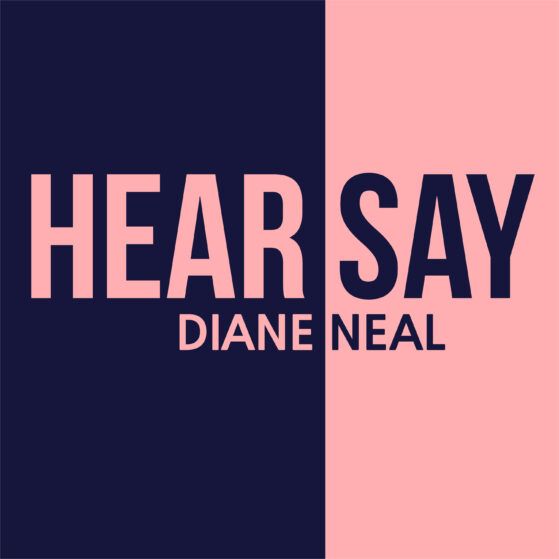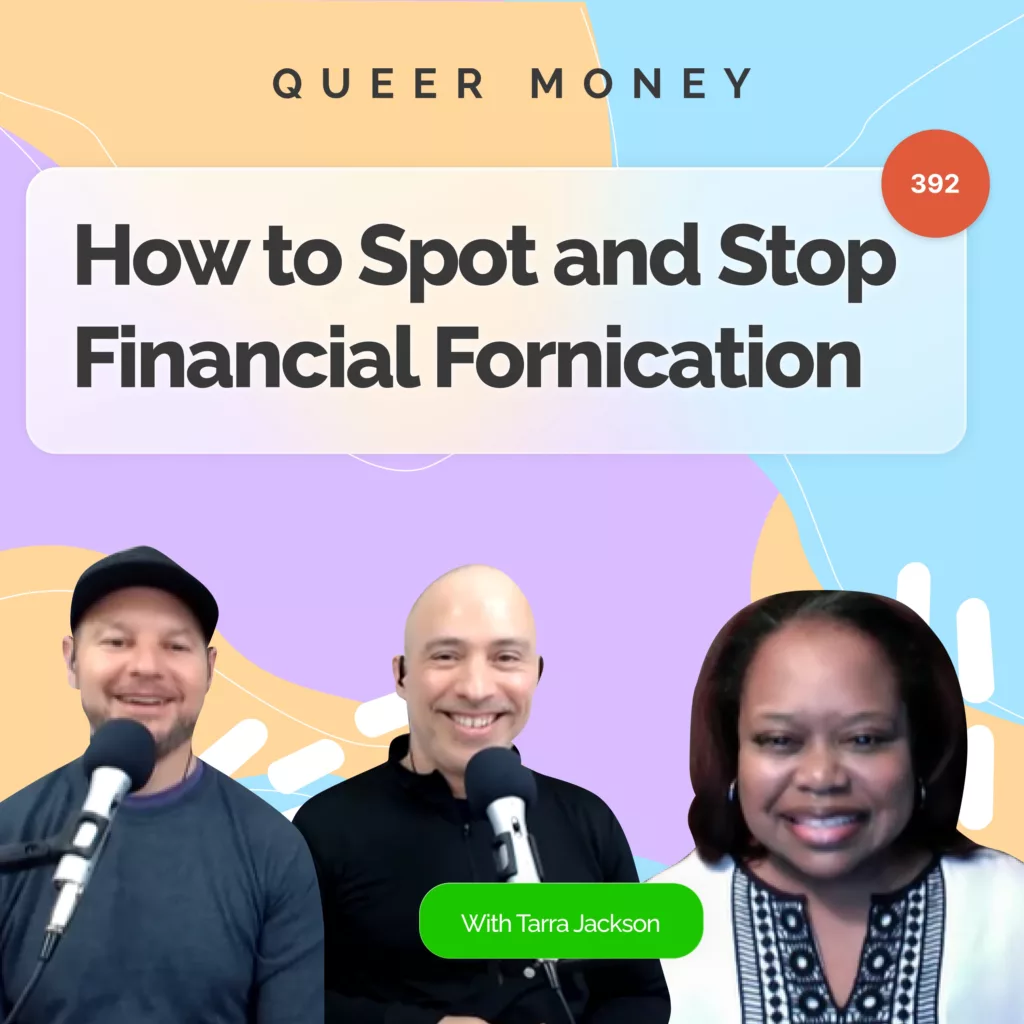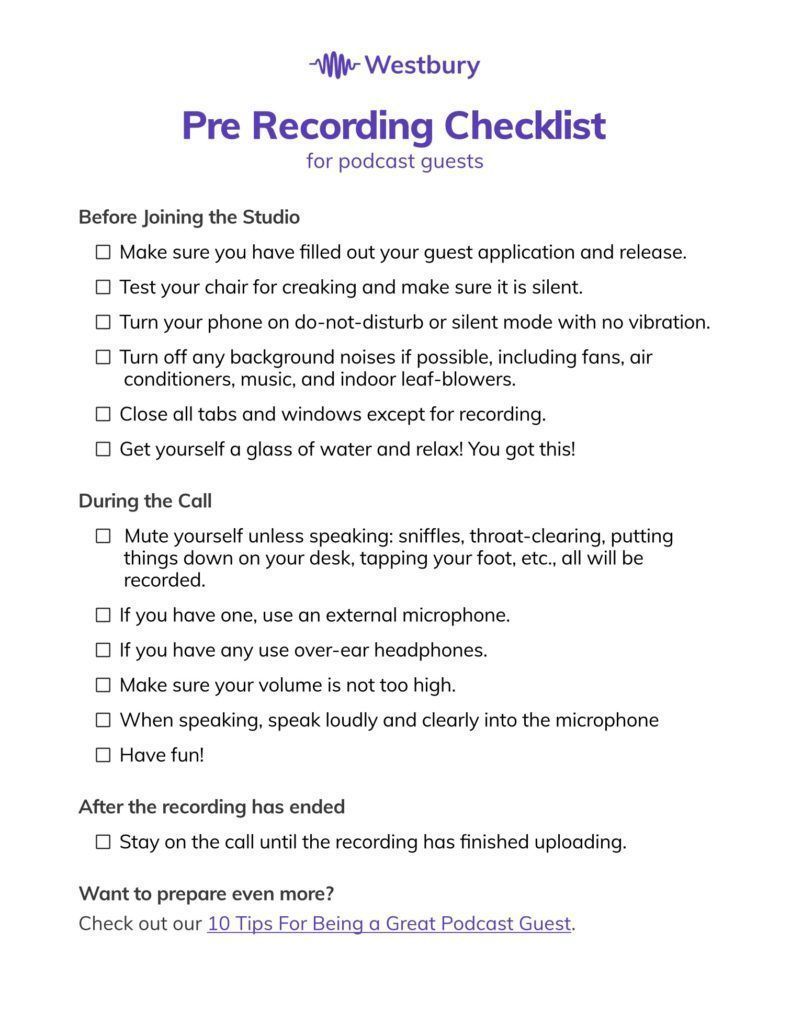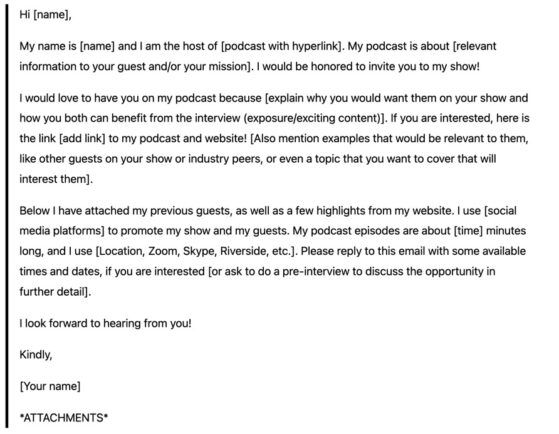Quick Take: The three types of podcasts covered in this article are podcasts that focus on engagement & conversions, podcasts that focus on volume of downloads, and podcasts that focus on community building.
So often, when I talk to podcasters, I get the sense that they feel they need thousands to hundreds of thousands of downloads per month, tons of ad revenue, etc.
But what if I told you that a podcast focused on ad revenue and affiliate marketing is just one type of podcast?
Believe it or not, though, there are many reasons why someone might choose to start a podcast.
The Three Very Different Types of Podcasts
- Engagement Podcasts
- Revenue Stream Podcasts
- Community Podcasts
Engagement Podcast
What is an Engagement Podcast?
While every podcast should strive to be engaging, the goal of this kind of podcast isn’t to get a million listens every month and collect a paycheck. Instead, it’s all about deepening the connection you have with your following, ultimately leading them to become paid customers of some kind. The podcast might not be where they first find you, but it’s where they learn enough about you to trust in your brand and what it offers.
Why is this so important? Well, while social networks can be great for making people aware of your existence, in order for your audience to feel invested in your brand—and ultimately invest in your brand—you need to deepen your connection with them.
What makes an Engagement Podcast successful?
The metric for success with an engagement podcast is not the number of downloads each episode gets, but whether your podcast is successful at converting the audience you do have into loyal customers.
Using this metric, when you use podcasts to develop deeper connections to your audience, any number of listeners per episode can be considered a success. This is especially true in the instance that you’re selling high-ticket products or services, where even an additional few sales per month could drastically affect your income statement.
These are people that are learning the ins and outs of your brand in ways that social media and advertisements just cannot accomplish. If you’re an influencer, this can be your favorite things, recommendations, funny personality quirks & habits. If you’re a company, this can be your core values, the benefits your company’s products or services provided, or anything else you wish to share.
And these are leads that can ultimately wind up contributing to your other revenue-generating activities.
Pros and Cons of an Engagement Podcast:
Pros:
- You’re connecting with highly qualified leads. Engagement podcasts are goldmines for finding highly qualified leads for your existing revenue streams. Instead of sponsoring other content with similar communities, you are building a connection and community directly connected to your brand.
- You can do focus on what you love. If you’re the kind of person who has a deep passion for a subject and wants to share that passion with others, then this is great for you. In other words, the topics and issues you discuss on your podcast can be based on what you find engaging, rather than what has wide appeal.
- You’re building a community. Engagement podcasts are about finding pockets of people with very similar interests and ideas, which means it’s only natural that they can be great for building communities.
- Drives Conversions: Engagement Podcasts are generally useful for those who want to build an audience that is hungry for a product you’re working on before launching said product.
Cons:
- You’re building out a community. That’s right—this one is a double-edged sword. The more you grow an audience, the more time and effort that goes into managing and maintaining that audience. You need to continually keep your community active, engaged, and free of toxicity and spam. Otherwise or you risk your company developing a poor reputation with the community and your community developing a poor reputation at large.
- The returns aren’t obvious. Because this type of podcast is more concerned with quality over quantity, it can be hard to determine exactly how much impact your podcast is having for your organization. Engagement Podcasts don’t generally generate a lot of ad revenue, because the idea is that your company is the primary sponsor of the content.
- Creating Content for Smaller Audiences can feel Arduous. Especially if you’re just starting out, If you’re just beginning with your podcast, then creating content can be hard because there isn’t much traffic to show for it.
Who are Engagement Podcasts best for?
Engagement podcasts are best for brands that already have an audience, but are struggling with increasing engagement and driving conversions. Below are some hypothetical scenarios. If any of these sound familiar to you, chances are that your brand could benefit from launching an engagement podcast.
Example 1: FinTech Company
Walrus Financial, a data-driven retirement and investing company has spent $100K on social ads to build an audience of over 10000 people. But the problem is that their audience doesn’t really care about retirement and investing, and they’re not converting into leads. By creating a podcast about personal finances more generally, Walrus Financial can offer genuinely valuable content that appeals to their target demographic and use this content to educate them on the importance of investing for retirement. This approach also allows them to take their connection with their audience deeper by developing a community of people with similar interests.
Example 2: Influencer
Amy, a Tik Tok influencer is getting hundreds to thousands of likes on each Tik Tok she creates, and at first glance, she’s a complete success. But the unfortunate reality for Amy is that, while she’s getting tons of validation for her socials, she’s not getting any financial benefit. While people may love watching their 1-minute videos, they’re not participating in her revenue-genrating activities. Amy should turn to an engagement podcast for advice about how to capitalize on her validation.
Example 3: Company with high visibility
On the other side of the spectrum, you’ve got a company like Uber. Uber already has a loyal fanbase and over time, they’ve built an enormous amount of trust and credibility with their audience. With such a following, it’s hard to imagine that they’d need to make use of an engagement podcast. But after a series of high-profile scandals that have made Uber seem untrustworthy, it’s no surprise that they might want to try to rebuild some goodwill with their audience. An engagement podcast could be a great way to show their audience that they’re listening and working hard at getting back to where they want to be.
Example 4: Marketing Agency
A professional services firm that wants to provide value to its clients beyond what they’re already providing. They spend lots of time on creating content that promotes their brand, but when it comes down to it, their content isn’t really engaging. The firm can turn to an engagement podcast for advice about how they can strengthen the value of the content they’re already providing.
Example 5: Startup with a big vision
A startup company with big plans is struggling to convert leads with their marketing strategy because their marketing strategy isn’t really engaging. They use a lot of generic marketing techniques that don’t benefit their clients. Rather than continuing down a path that can only result in wasted efforts, the startup could turn to an engagement podcast to get expert strategies on how they can better deliver value to their audience.
Example 6: Smaller Companies
Many smaller companies have found success in using podcasting as a way to give back to their communities, while also providing relevant content to larger companies in their industry. The primary goal is building credibility in their field so larger companies will want to work with them. Smaller firms have reported that engaging their target audience via podcasts has increased their number of leads by over 100%.
Revenue Stream Podcast
What is a Revenue Stream Podcast?
Revenue Stream Podcasts are what most people think of when they think of what makes a podcast successful. Having a large enough audience to make substantial revenue through advertisements, sponsorships, affiliate deals, and premium content.
While Revenue Stream Podcasts should always strive to be engaging as well, this type of podcast will need to focus much more on growing their listener base substantially in order to convert their podcast itself into a revenue stream. That’s because the hard-cold reality of podcasting is that only about the top 1% to .5% of podcasts receive a number of monthly downloads that can support a sustainable and healthy revenue stream.
Lastly, the key difference between a revenue stream podcast and an engagement podcast is that revenue stream podcasts are not simply a step of a larger sales funnel, but are the beginning middle a
What makes a Revenue Stream Podcast successful?
The key metric (KPI) used to gage the success of a revenue stream podcast is the amount of revenue it brings in. Generally what that means is that a Revenue Stream Podcast will need to have a fairly high volume of listeners in order to achieve a revenue that makes the cost of production worth it.
To put it into more concrete terms, at the time of writing this article, the average revenue a podcast can expect to make is between $22 and $25 per minute of advertising per thousand downloads (Source: https://www.advertisecast.com/podcast-advertising-rates). Assuming you are able to fit in the average of 3 minutes of advertisements per episode, you can expect to make about $75 per thousand downloads off of ads alone.
A podcast may be able to reasonably assume that additional revenue can be obtained via other sources such as merchandise, affiliate marketing, and if they have a website, website ad revenue as well.
Factoring in these other sources of revenue, you can expect that a revenue stream podcast may be able to make somewhere around $100 per thousand downloads.
At this rate, in order to make a revenue that is equivalent to the monthly earnings of a minimum wage full-time job (at $7.25 per hour), a revenue stream podcast will need to reach around 11,600 downloads per month. To be clear, that puts you in the top 1% of podcasts by download numbers.
Pros and Cons of a Revenue Stream Podcast
Pros:
- Successful Revenues Stream Podcasts allow businesses to focus almost entirely on the podcast itself. While supporting/related revenue streams may be necessary to reach targeted monetization rates, the podcast itself serves as the core of the business.
- Having a successful Revenue Stream Podcast generally comes with social proof due to the large number of downloads necessary to achieve this goal. This means, if you want notoriety, a successful Revenue Stream Podcast will definitely bring it.
Cons:
- Podcasting is an extremely competitive space. In order to achieve the numbers necessary to make podcasting your day job, you’ll need to have a thought-out marketing strategy for sustainably increasing your listener base over time. If you’re curious about how to best market a podcast, check out our Ultimate Podcast Marketing Guide here: https://westbury.media/the-ultimate-guide-to-marketing-a-podcast/
- Long road to profitability for many. Unless you already have a substantial audience available to you and are simply trying to convert that audience into listeners of your podcast, you’ll need to build an audience up. You’ll need to be smart, charming, and cunning, with enough business acumen to make 99% of podcasters jealous.
Who is a Revenue Stream Podcast Best For?
Revenue Stream Podcasts are best for anyone with grit and determination and is willing to put in the time, energy, and money into launching and sustaining a podcast until it starts to make money.
Increasingly, I set the expectation to my clients that becoming the next big podcast is like hitting the lottery, and while there are definitely marketing strategies and techniques that you can use to grow your audience, trying to attain a huge number of monthly downloads without carrying over an audience from another platform is not always realistic, and it will take time to grow your show to a point that it is financially sustainable.
Community Podcast
What is a Community Podcast?
This is one of the most fun and exhilarating podcasts to do, because at the end of the day what you’re doing is creating a community among people who do the same thing as you. The goal is the personal development of both you and other people in your community. There is not any particular drive for revenue other than maybe what it costs to produce the show.
What makes a Community Podcast successful?
Ultimately, the only benchmark for success for a community podcast is that it helps the community it aims to serve. If you are getting positive feedback from those that listen to it, then most likely, you’re already successful. However, if you want to be sure, you can always run a survey to get valuable feedback.
Pros and Cons of a Community Podcast
Pros:
- Great for those invested in the development of their communities
- Can help distinguish an individual or a company as a thought leader within a given community
Cons:
- Generally do not come with the expectation of a large revenue, if any.
- Many believe it’s hard to build a community and even harder to sustain one.
Who is a Community Podcast Best For?
This is best for those who are not concerned about investing in others without making a personal/financial return on investment. However, some podcasts in this space have done remarkably well due to a strong and vibrant community that appreciates a more ethical, and less sales-driven approach to podcasting.
Conclusion
At the end of the day, how you classify you podcast is up to you. However, I find this classification approach useful for defining the goals for your podcast and for measuring whether you are successfully attaining your goals.
If you’re looking for some marketing tips designed specifically for podcasts, be sure to check out our Ultimate Guide for Marketing a Podcast. This guide is not ‘Podcast Guru’ BS that you’re likely to find from other places. It’s a genuine marketing strategy that I’ve gained from my education and working experience in the marketing field, and I believe that, unlike many guides, it’s genuinely helpful for helping to develop a smart podcast marketing strategy.




